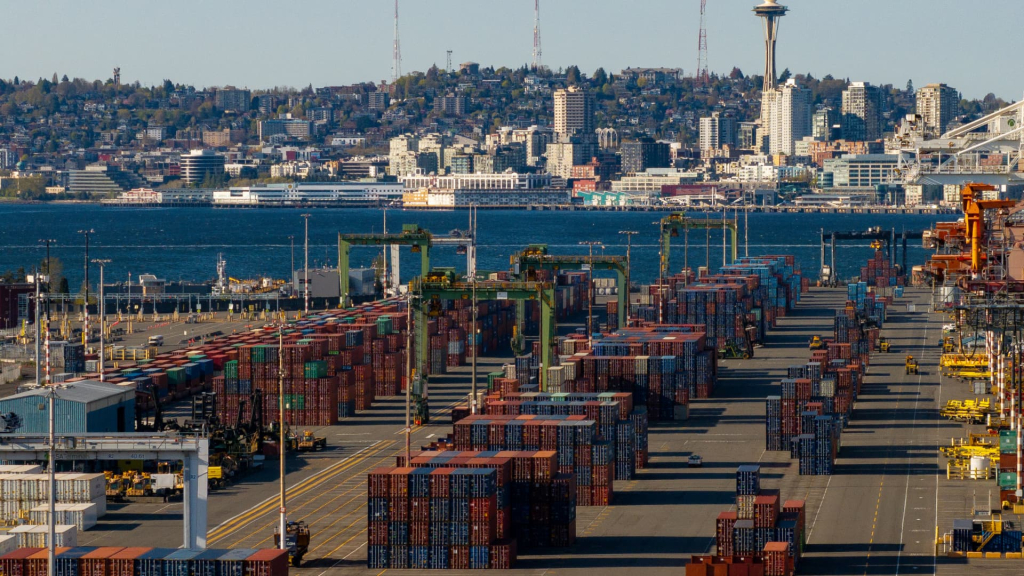An analysis has revealed that tariffs implemented by former President Donald Trump during his second term could disproportionately impact the poorest households in the United States, inflicting greater financial strain compared to wealthier families during the immediate term.
Tariffs function as taxes imposed on imported goods, with economic experts predicting that consumers will ultimately bear some of the associated costs through increased prices, influenced by how businesses manage these expenses.
According to findings published by the Institute on Taxation and Economic Policy (ITEP) on Wednesday, if current tariff policies remain in effect, households in the lowest income bracket—earning less than $29,000 annually—could experience a tax increase roughly four times greater than wealthier households in the top 1%, who often earn above $915,000 per year. Specifically, the tax burden for the poorest households is projected to rise by an alarming average of 6.2% of their income by 2026.
The impact of tariffs comes as experts assess economic policies relative to household income, providing a clearer picture of how disposable income and living standards are affected across different income levels.
Researchers from the conservative Heritage Foundation referred to tariffs as “taxes on Americans by another name” back in 2017, highlighting how such measures typically drive up costs for essentials like food and clothing—items that represent a larger portion of low-income households’ budgets. They argued that eliminating tariffs could provide significant financial relief for these families.
Recent evaluations of the situation also suggest that some retailers are already raising prices in response to tariffs. An analysis conducted by the Yale Budget Lab characterized Trump-era tariffs as “regressive,” indicating a more severe financial impact on lower-income Americans compared to those who are wealthier.
The Yale study revealed that the short-term tax burden from tariffs is approximately 2.5 times greater for lower-income consumers. Ernie Tedeschi, who directs economics at the Yale Budget Lab and previously served as chief economist at the White House Council of Economic Advisers, noted that it is lower-income households that will face the greatest pressure from these tariffs.
In discussions surrounding tariff policy, Treasury Secretary Scott Bessent acknowledged the potential for a “one-time price adjustment” for consumers, while also linking trade regulation to a broader economic strategy, which is anticipated to include forthcoming tax cuts.
Bessent stated on April 2, “We’re also working on the tax bill, and for working Americans, I believe that the reduction in taxes is going to be substantially more.”
The future of current tariff policies remains uncertain, as the White House has indicated potential trade deals with select nations, and specific product exemptions may be forthcoming.


























